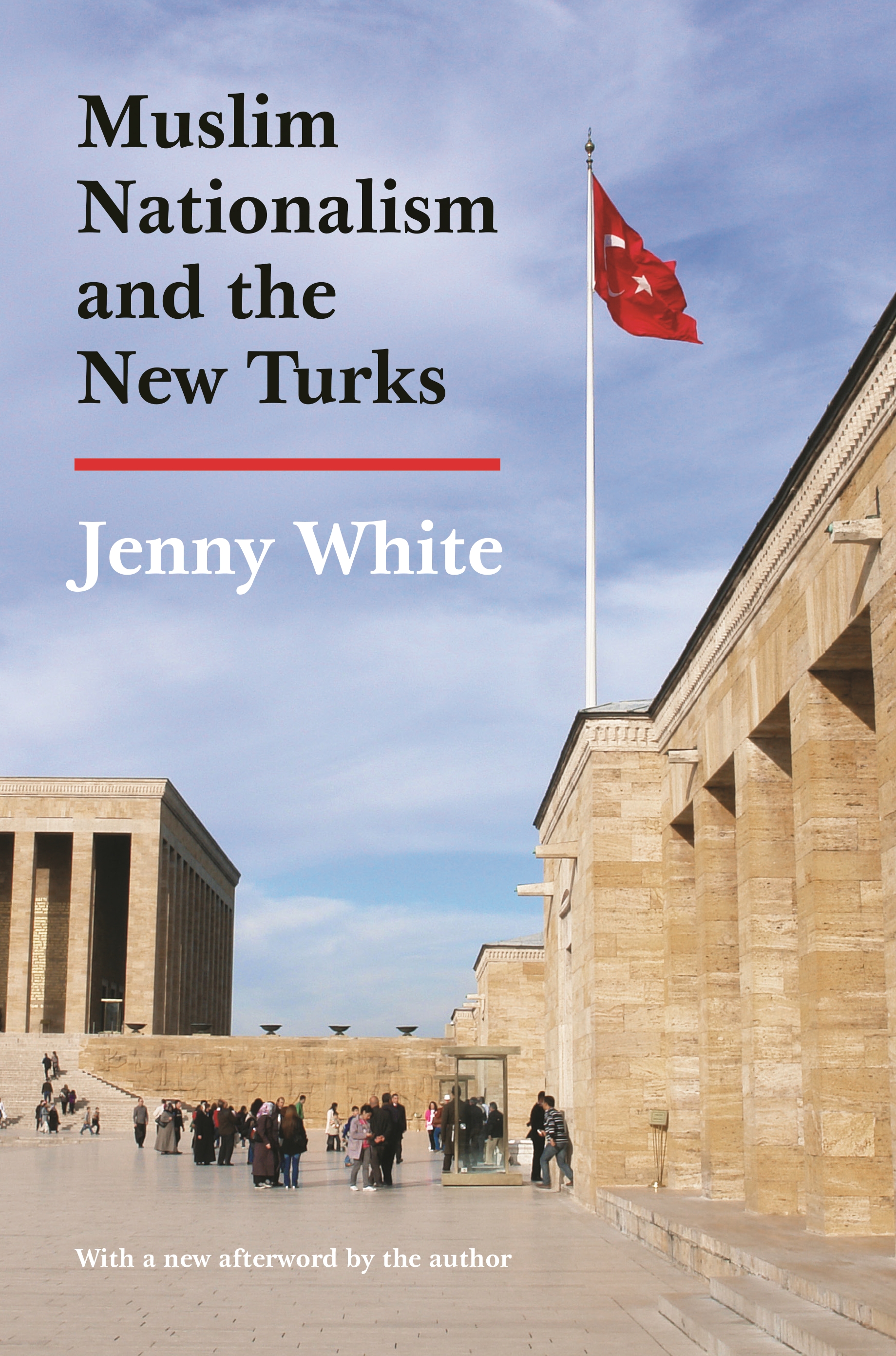Can a nation's identity be reduced to a single label, a simplistic categorization of white or not white? The reality of Turkish identity, like that of any nation with a rich history of migration and cultural exchange, defies such easy classification.
The question of whether Turkish people are white is a complex one, steeped in history, geography, and the ever-shifting sands of social perception. It's a query that has sparked debate across online forums like Reddit's r/AskMiddleEast, and fueled academic inquiry, as highlighted by publications like Aeon, which delved into the historical context of Turkey's pursuit of a whiteness narrative. The simple answer is: it depends on the criteria used. In Western contexts, physical characteristics are often the initial point of reference; some Turks possess traits commonly associated with white populations, while others do not. This is further complicated by the fact that racial classifications are not universally agreed upon; they are shaped by cultural, historical, and social factors.
The Turkish population is a diverse tapestry. The Turkish people are primarily of Turkic descent, originating from the Central Asian steppes. However, centuries of migration, conquest, and cultural exchange have woven a complex ethnic fabric. Alongside the Turkic majority, significant populations of Kurds, Arabs, and other Middle Eastern groups contribute to the nation's multifaceted identity. As documented on Wikipedia, the demographics of Turkey reveal a nation of approximately 85.7 million people as of December 31, 2024, with an annual growth rate of 0.34%. This diverse population underscores the need to avoid simplistic categorizations.
The question of whiteness extends beyond physical attributes. One user on r/AskMiddleEast pointed out that being white is definitely about behavior, not looks. This sentiment reflects the complexities of cultural integration. A German citizen of Turkish origin, for instance, might not be perceived as white based on cultural belonging or degree of integration, even though they hold citizenship. This highlights the limitations of using race as a sole determinant of belonging.
Anthropological studies, like those referenced in various sources, have often placed Turks within the Europid group, specifically the Turanid branch. This categorization focuses on physical characteristics, such as hair color and texture, which can vary considerably within the population. The early Turkish immigrants to Australia, for instance, were accepted under the White Australia Policy, a policy that highlights the historical and political dimensions of racial classifications.
The debate over Turkish whiteness is deeply intertwined with historical and political contexts. In the 1930s, for example, a Turkish sociologist named Afet İnan conducted a survey of 64,000 Turks to argue that Turkish people were white. This project became a symbol of the country's pursuit of a European identity and reflects the complexities of identity construction. Inan's survey, and the subsequent attempts to establish Turkish whiteness, highlight the ways in which identity can be constructed and negotiated.
The Turkish Cypriot community, for instance, was acceptable under the White Australia Policy, demonstrating the political and social influences on such classifications. Many early Turkish immigrants to Australia found work in factories and fields, creating a new life and contributing to the development of the country. The religious identity of many Turks, predominantly followers of the Hanafi school of Sunni Islam, further enriches the cultural complexity of the nation.
The complex factors that shape identity are a blend of genealogy, culture, physical characteristics, and subjective perceptions. The quest to label an entire nation with one descriptor proves difficult, if not outright reductive. The Turkish experience, a rich blend of cultures and histories, is a testament to this enduring truth. It is the complex tapestry of its history, and the varied experiences of its people, that truly defines Turkey.
| Category | Details |
|---|---|
| Name | Turkish People |
| Origin | Primarily of Turkic descent, originating from the Central Asian steppes. |
| Ethnicity | Turkic, with significant populations of Kurds, Arabs, and other Middle Eastern groups. |
| Physical Characteristics | Variable. Hair is straight or slightly wavy, with colors ranging from brown or black to blonde or red. |
| Religion | Predominantly Muslim, with most following the Hanafi school of Sunni Islam. |
| Citizenship | Turkish |
| Culture | Deeply intertwined with history, geography, and the ever-shifting sands of social perception, includes diverse cultures and ethnicities. |
| Location | Turkey |
| Population (as of Dec 31, 2024) | 85.7 million |
| Annual Growth Rate | 0.34% |
| Notable Figures | Varies widely across fields like politics, arts, science, and sports. |
| Social Status | Varied among different groups and individuals within Turkey |
| Political Status | Republic |
| Reference Website | Wikipedia: Demographics of Turkey |



